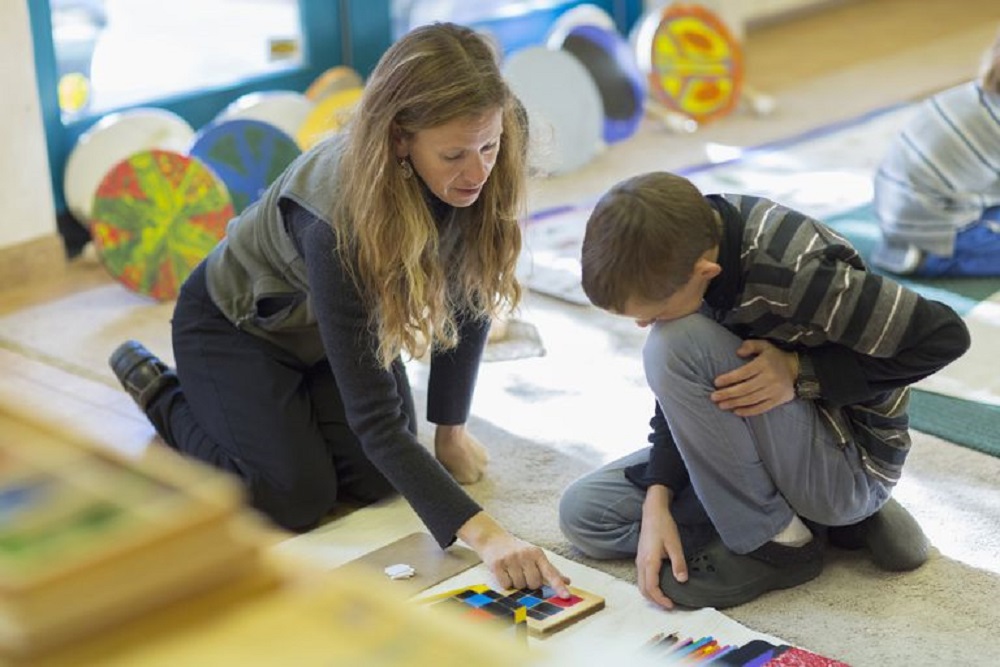The number of students with autistic disabilities in universities is growing rapidly, but they still don’t get the support they need in colleges.
Transitioning to college can be stressful for any young adult, but those with Asperger’s syndrome or Autism Spectrum Disorder (ASD) often face additional challenges during this period.
UTC is one of at least 60 colleges that added some form of a support program for students with autism beyond the academic accommodations required by federal law, such as extended testing time and quiet environments for exams.
According to the Office for National Statistics, the number of students with autistic (social and communication impairments) has risen from 2,815 in 2011 to 10,595 in 2018.
Autism refers to a broad range of conditions characterized by challenges with repetitive behaviors, speech, and nonverbal communication. According to the Centers for Disease Control, autism affects an estimated 1 in 59 children in the United States currently.
Some students need extra time to process information, feel intense anxiety in social situations and find noise and bright lights distressing.
Recently, the Higher Education Commission launched an inquiry into the experience of disabled students, including autistic students, to identify why so many achieve below their potential.
Experts have said institutions are failing their autistic students, stating that although universities try to conform with the Disability Act and the Autism Act, students have not shown signs of improvement.
Claire Burton, organizer of student support at the National Autistic Society their level of inconsistency results in unsatisfactory progress.
According to her autistic students are often socially excluded by their peers, making settling in difficult, and too many struggles to get autistic specific support and end up dropping out.
Autistic signs and symbols
Autism is a spectrum disorder; because of this, it differs in every student from very mild to very severe and occurs in all ethnic, socioeconomic and age groups.
According to reports, males are four times more likely to have autism than females, some children with autism appear normal before age 1 or 2 and then suddenly regress and lose language or social skills they had previously gained. This occurrence is called the regressive type of autism.
Signs and symptoms of Autism include Lack of social awareness, Inertia, Obsessions, and Compulsions, low to no social skills, avoid or resist physical contact, demonstrate little safety or danger awareness, amongst others.
Supports available for impaired students
Supports are available in some institutions for social and communication impaired students shaped around their academic needs. But autistic students tend to drop out because they feel socially isolated.
University trying to address these issues create groups and social gathering to help these students socialize better.
Swansea University has an autistic social group called Eureka that meets weekly, while Nottingham University offers monthly board games and pizza nights.
De Montfort, the autistic society also gets together every Thursday evening for members to engage in a social gathering.
Some employers are already searching for autistic talent. Microsoft, for example, has an Autism Hiring Program for jobs such as software or lab engineer, data analyst and data scientist in the US.
The scheme is part of the company’s inclusive hiring practices policy. Still, it makes sense commercially because people with autism display a more rigorous approach to analyzing data an essential skill in these roles.







